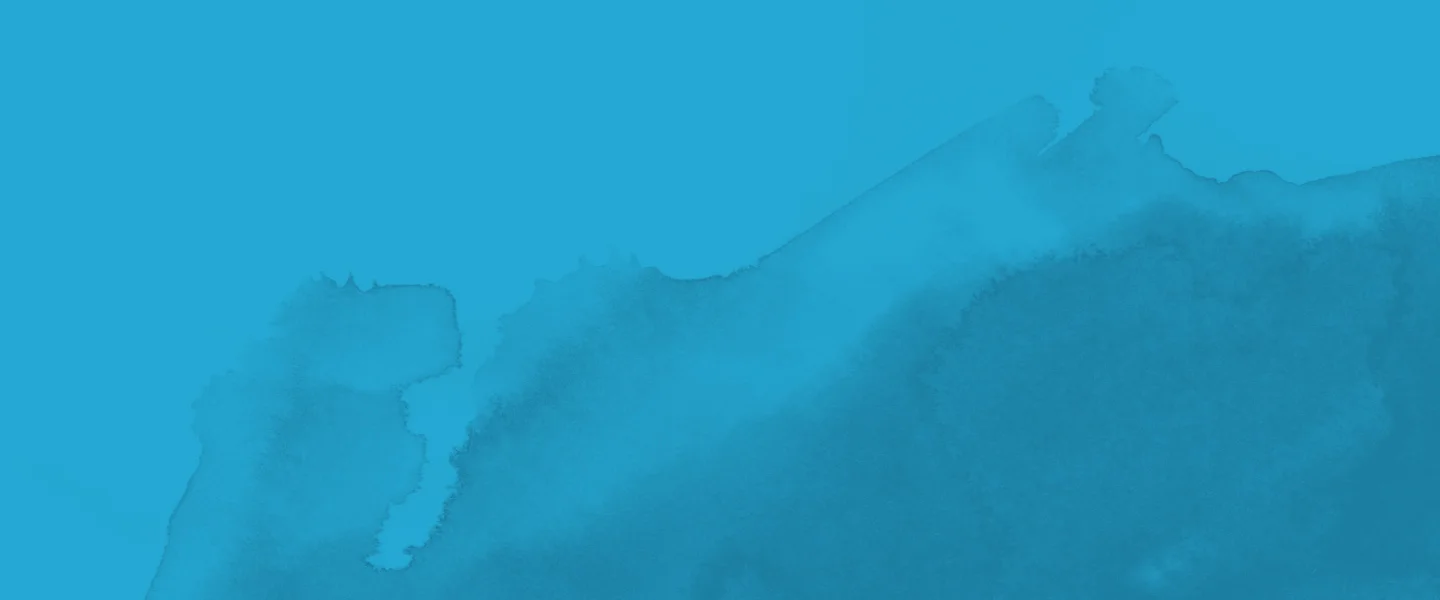![Which 'Wolf' Are You Feeding?]()
You may have noticed that some days it is hard to make good choices. You would think by now that you would have figured out how to make it easier. But here is why it will always be a challenge.
The name of the game up until recently was 'survival'. Over millions of years, life evolved a nervous system that beautifully responds to the many threats an organism will face. It is often referred to as ‘fight or flight’. While we seldom need true fight or flight reactions to the ‘threats’ we face today, these old neural pathways remain alive and well within all of us.
Related to our threat response, we also have a very strong desire to seek pleasure and avoid pain. Pleasure seeking drove our ancestors to find food, stay warm and reproduce, while pain avoidance kept us safe and alive.
However, today these traits can unconsciously drive us to overindulge in behaviour that is pleasurable or to develop unhelpful strategies to cope with or avoid many of the ‘pains’ we face (our worries about the future, criticism or feedback from others, concern about being valuable enough, concern about having enough, and even the pain of boredom).
The good news is that we also possess this amazing ability to see beyond











